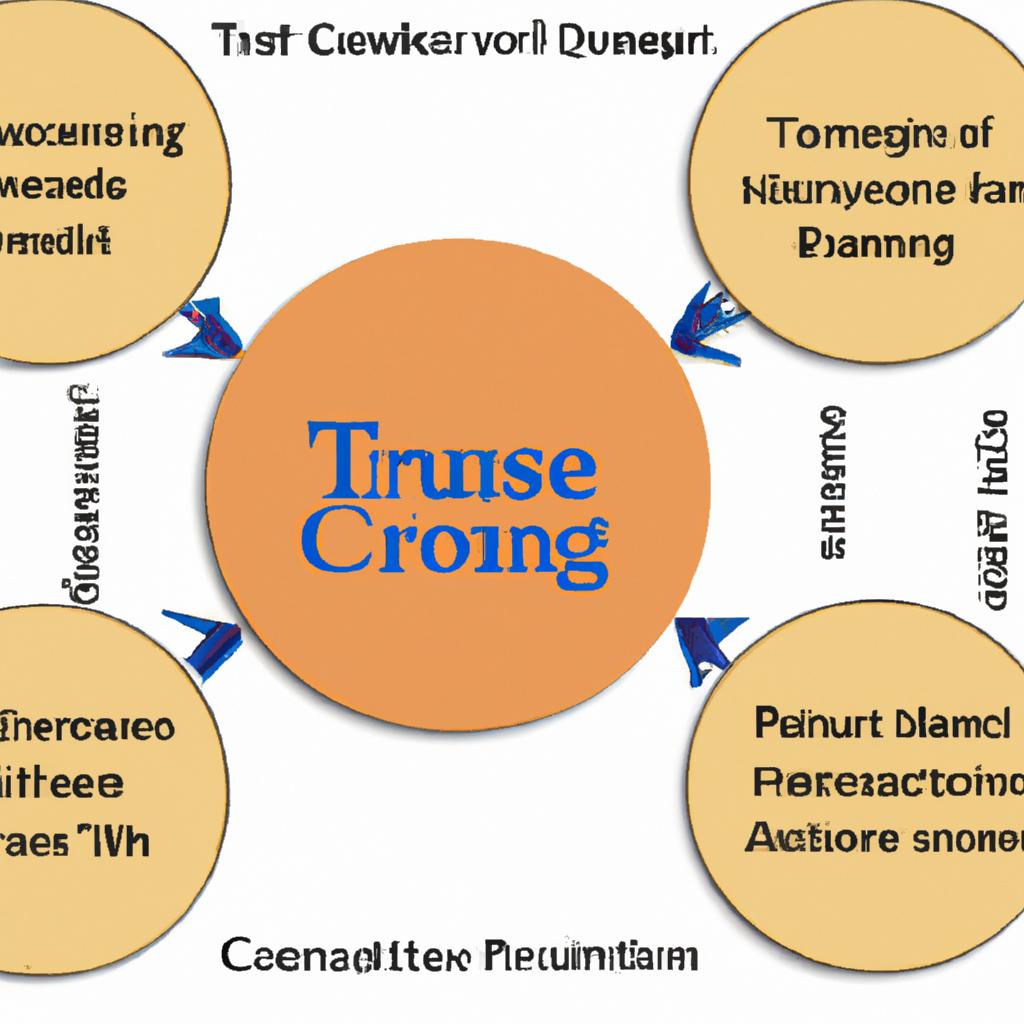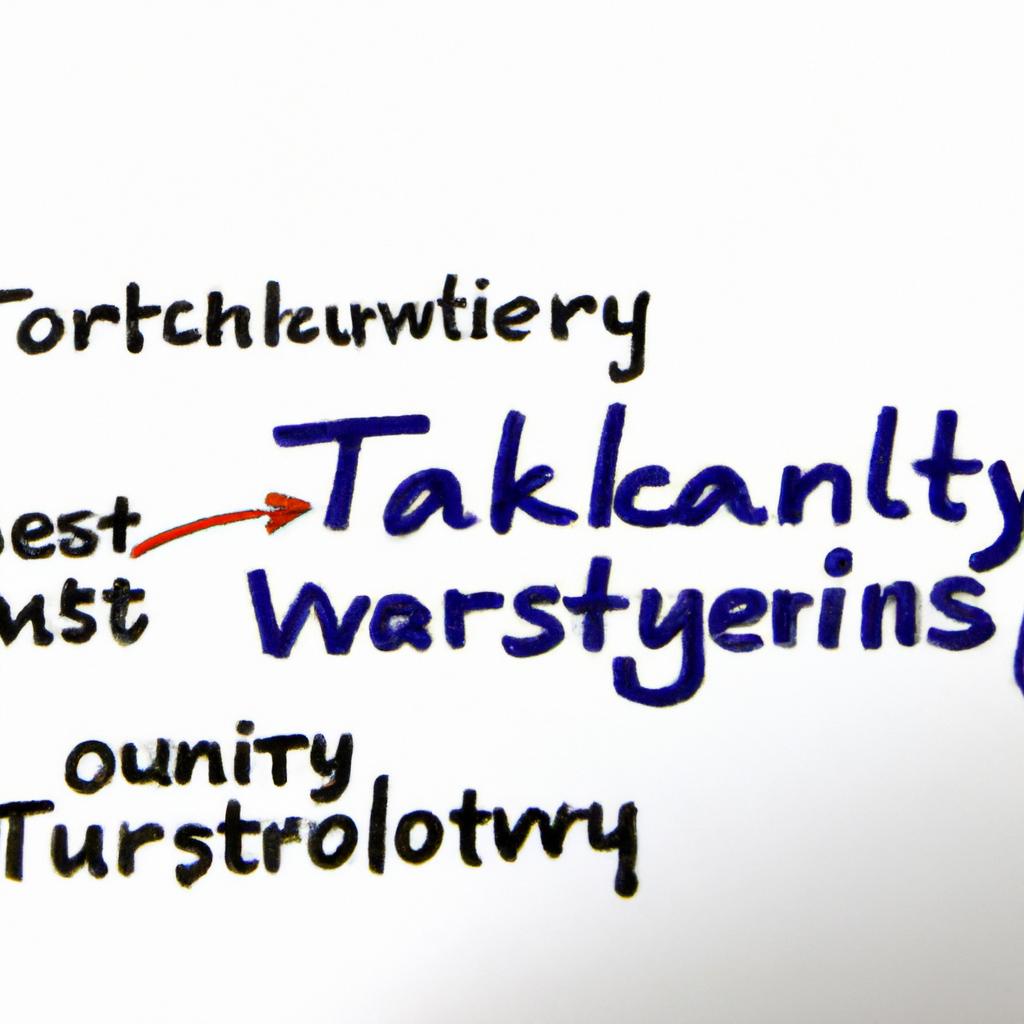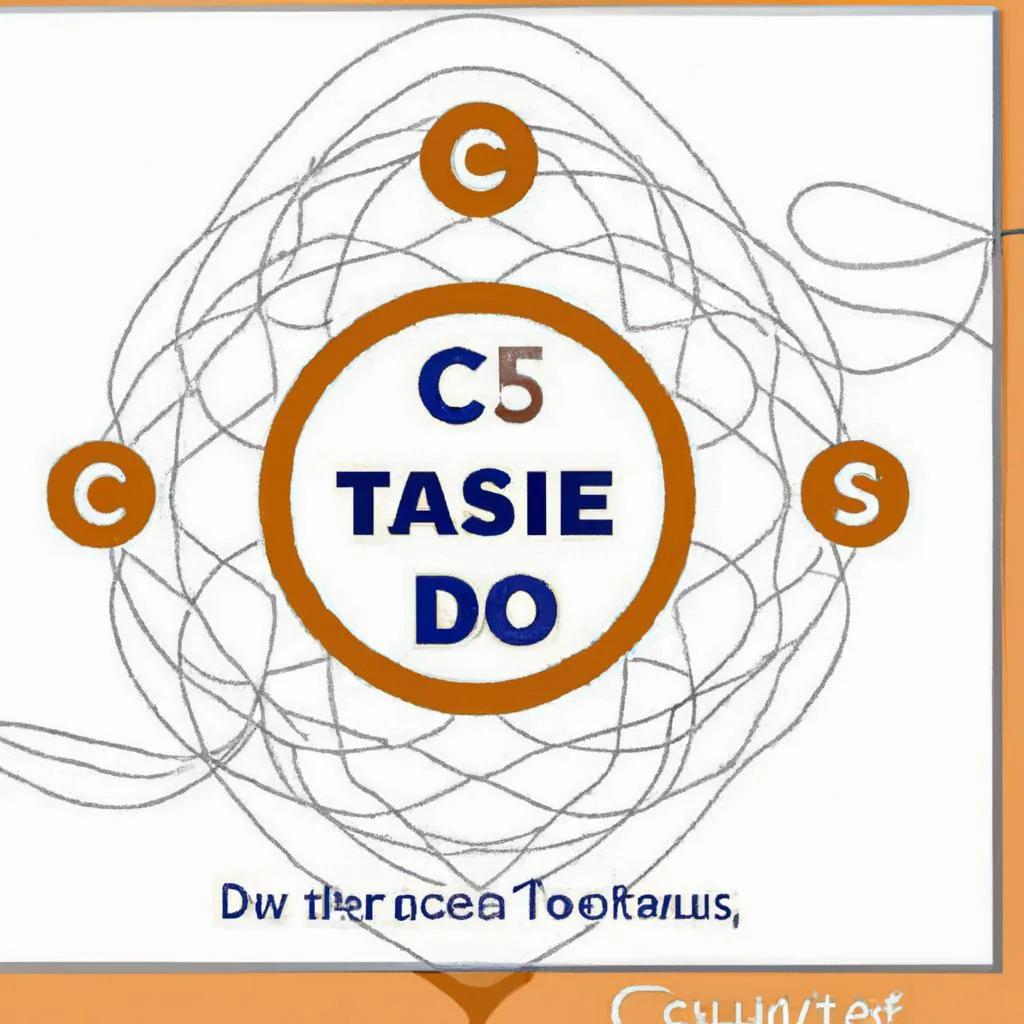In the realm of estate planning and trust administration, establishing trust is paramount. Trust serves as the cornerstone of any successful client-attorney relationship, paving the way for effective communication and collaboration. To further delve into the intricacies of trust-building, it is imperative to explore the concept of the 5 C’s of trust. These fundamental pillars encompass credibility, competence, consistency, communication, and care – laying the groundwork for a solid foundation of trust in all professional engagements. In this article, we will dissect each of these components, shedding light on their significance in the realm of legal practice and client representation.
Building Trust Through the Five Core Principles
Competence: Demonstrating expertise and capability in the services we provide builds credibility and reassures clients that they are in good hands.
Consistency: Upholding a high standard of service and maintaining reliability in all client interactions helps establish a foundation of trust over time.
Communication: Open and transparent communication fosters understanding and ensures that clients are well-informed every step of the way.
Compassion: Showing empathy and care towards clients’ needs and concerns helps create a personal connection and build trust based on mutual respect.
Confidentiality: Respecting and safeguarding clients’ privacy and sensitive information is essential in maintaining trust and protecting their best interests.

Unpacking the Components of Trustworthiness
When it comes to understanding trustworthiness, it is essential to unpack the components that contribute to building and maintaining trust. One key framework for this is the 5 C’s of trust, which provide a comprehensive guide to the fundamental elements of trustworthiness.
- Competence: Demonstrating the skills, knowledge, and expertise necessary to fulfill responsibilities and deliver on commitments.
- Consistency: Acting predictably and reliably, maintaining stability in behavior and decision-making over time.
- Clarity: Communicating openly and honestly, providing transparent information and setting clear expectations.
- Compassion: Showing empathy, understanding, and concern for others’ well-being, demonstrating a genuine care for their needs and feelings.
- Character: Upholding strong moral principles, integrity, and ethical standards, being honest, trustworthy, and dependable in all interactions.

Essential Traits for Establishing Credibility
Character: Building trust begins with having strong moral character. Honesty, integrity, and consistency in actions are essential traits that establish credibility.
Competence: Demonstrating expertise in your field is crucial for earning trust. Consistently delivering high-quality work and staying up-to-date with industry trends show that you are knowledgeable and competent.

Strategies for Cultivating Trust in Professional Relationships
Building trust is essential in professional relationships, especially in the legal field where clients rely on us to protect their interests and guide them through complex legal matters. One effective way to cultivate trust is by following the 5 C’s of trust:
- Competence: Demonstrate your expertise and knowledge in your practice area to instill confidence in your clients.
- Consistency: Be reliable and consistent in your communication and follow-through with commitments to build trust over time.
- Communication: Keep your clients informed, listen to their concerns, and explain legal concepts in a way that they can understand.
- Candor: Be honest and transparent with your clients, even when delivering difficult news or discussing challenging legal issues.
- Confidentiality: Respect your clients’ privacy and confidentiality by upholding the attorney-client privilege and safeguarding their sensitive information.
| Competence | Consistency | Communication |
|---|---|---|
| Demonstrate expertise | Be reliable | Keep clients informed |
| Knowledgeable | Consistent communication | Listen and explain |
| Instill confidence | Follow-through | Transparent |
By incorporating these principles into your practice, you can establish a foundation of trust with your clients, which is crucial for long-term professional relationships. Trust is the cornerstone of our work at Morgan Legal Group, and we strive to uphold the highest standards of competence, consistency, communication, candor, and confidentiality to provide our clients with exceptional legal services.
Q&A
Q: What are the 5 C’s of trust?
A: The 5 C’s of trust are competence, consistency, communication, credibility, and care.
Q: Why is competence important in building trust?
A: Competence refers to the ability to deliver on promises and meet expectations, which is crucial in earning someone’s trust.
Q: How does consistency play a role in trust?
A: Consistency is key in building trust because it shows reliability and predictability in behavior and actions.
Q: Why is communication essential for trust?
A: Communication helps in building trust by fostering transparency, clarity, and understanding in relationships.
Q: What role does credibility play in trust?
A: Credibility is vital in trust as it establishes trustworthiness and reliability in one’s words and actions.
Q: How does care factor into building trust?
A: Showing care and concern for others demonstrates empathy and a genuine interest in their well-being, which strengthens the foundation of trust.
Future Outlook
In conclusion, understanding the 5 C’s of trust is essential for building and maintaining strong relationships in both personal and professional settings. By embodying characteristics such as competence, consistency, care, candor, and connection, individuals can establish a foundation of trust that will lead to greater collaboration and success. Remember, trust is a precious commodity that must be nurtured and protected. So, strive to embody these qualities in your interactions with others and watch as trust flourishes in your relationships. Trust is the key to unlocking endless possibilities in your personal and professional life.
 When it comes to building strong relationships, trust is the foundation that holds everything together. Whether it’s in personal relationships or business partnerships, trust is essential for a healthy and successful connection. But what exactly is trust? And how can we cultivate it in our relationships? The answer lies in the 5 C’s of trust – a framework that outlines the elements necessary for building and maintaining trust.
When it comes to building strong relationships, trust is the foundation that holds everything together. Whether it’s in personal relationships or business partnerships, trust is essential for a healthy and successful connection. But what exactly is trust? And how can we cultivate it in our relationships? The answer lies in the 5 C’s of trust – a framework that outlines the elements necessary for building and maintaining trust.
The 5 C’s of trust are Communication, Consistency, Competence, Commitment, and Care. Each of these components is crucial in developing and strengthening trust between individuals and organizations. Let’s dive deeper into each of these C’s and understand how they contribute to building trust.
1. Communication
Effective communication is the cornerstone of any relationship, and the same goes for trust. Open and honest communication is necessary for building and maintaining trust. It involves not just listening to others but also expressing our thoughts and feelings clearly and directly. When we communicate effectively, we let others know that we value their opinions and are willing to listen to them.
Practical tip: Regularly check in with others and seek feedback. This shows that you value their input and are willing to make necessary improvements.
2. Consistency
Consistency refers to being reliable and predictable in our actions and words. When someone is consistent, we know what to expect from them, and this predictability builds trust. On the other hand, inconsistency can lead to doubts and uncertainty, eroding trust.
Practical tip: Follow through on your promises and deliver on your commitments. This builds a track record of reliability and strengthens trust.
3. Competence
Competence refers to our ability to perform a task or fulfill a role effectively. When someone is competent, they possess the necessary knowledge, skills, and experience to carry out their responsibilities. This instills confidence and trust in others because they know they can rely on that person to get the job done.
Practical tip: Continually work on developing your skills and knowledge in your field. This will not only increase your competence but also inspire trust in those you work with.
4. Commitment
Commitment is about making a conscious effort to prioritize and invest in a relationship. When we are committed, we show that we are willing to put in the time, effort, and resources required to build trust. This can include being there for someone during difficult times, showing up consistently, and actively working on resolving conflicts.
Practical tip: Prioritize building trust in your relationships by investing time and effort in them. This can involve regularly scheduling quality time with loved ones or being proactive in addressing issues in a business partnership.
5. Care
Care refers to genuine concern for the well-being and happiness of others. When we genuinely care about someone, they feel valued and supported, leading to a sense of trust. On the other hand, a lack of care can be harmful to relationships and can make it difficult to establish trust.
Practical tip: Show your appreciation and support for others by actively listening to them, offering help when needed, and expressing gratitude for their contributions.
The Benefits of the 5 C’s of Trust
Building trust through the 5 C’s has numerous benefits, both personally and professionally. Here are a few of the notable advantages of these trust-building components:
– Improved relationships: When you incorporate the 5 C’s of trust into your interactions with others, you can create stronger, deeper, and more meaningful relationships.
– Better teamwork: By fostering trust, the 5 C’s can enhance collaboration, communication, and teamwork, leading to more efficient and successful outcomes.
– Increased loyalty: When trust is present in a relationship, loyalty and commitment are also likely to follow. This can lead to stronger bonds and long-term partnerships.
– Enhanced reputation: Trustworthy individuals and organizations are more likely to be held in high regard and admired by others, leading to a positive reputation.
– Improved productivity: Trust reduces uncertainty and improves the quality of communication, thus promoting a more efficient and productive work environment.
A Real Life Example
The 5 C’s of trust are not just theoretical concepts; they can be practically applied in real life to build trust. One company that has successfully implemented these 5 C’s is Starbucks. The popular coffee chain prioritizes effective communication, consistency, competence, commitment, and care in all aspects of its business operations. This has resulted in a massive following of loyal customers who trust that Starbucks will consistently provide high-quality products and services.
In conclusion, trust is a vital component in building strong and lasting relationships. When trust is present, it promotes open and honest communication, reliability, and mutual respect and support. With the 5 C’s of trust as a guide, we can cultivate and strengthen trust in our relationships, leading to numerous benefits both personally and professionally. So, let’s start incorporating these 5 C’s into our interactions and watch trust flourish.







